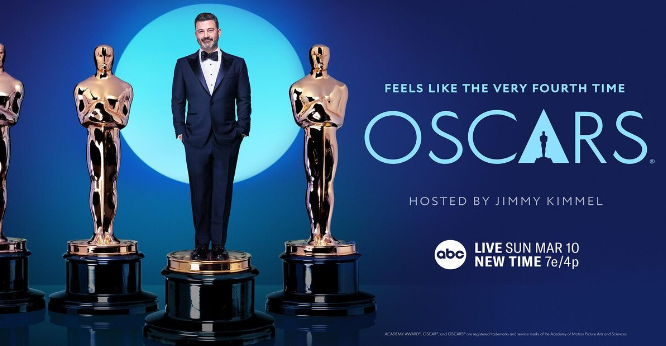UNLV sports reporter Taylor Bern’s zest for sports journalism stems back to his childhood.
“I had been interested in creative writing since early in elementary school, and as English became a favorite subject in junior high it seemed logical to try working for the school paper in high school,” Bern said.
Like many high school journalists, he enjoyed getting recognition for his work, his interest soon grew beyond that.
“At first I just loved seeing my byline but that grew into an interest in being able to learn about a lot of different topics by being the person who would go experience a new place or an interesting person and relay that story to an audience,” Bern said.
Bern knew the importance of having work experience and attended the Kansas University School of Journalism. He recognized the importance of working in different areas to be well rounded, even if that meant accepting jobs out of his comfort zone.
“The best thing I did in college was trying to do a little bit of everything at the Kansan so that by the time I was done I could write about things other than sports as well as copy edit stories, write headlines and work with multimedia storytelling,” Bern said. “I know a lot of people who didn’t get jobs after college because they would only do a certain type of work, but I tried to make myself as versatile as possible and recognize that doing good work now could lead to the job I want later.”
Bern’s daily schedule is very hectic.
“During the basketball season I’m on the road so I’ve had to learn how to live out of my suitcase, which is fun and tiring at the same time,” Bern said. “When I’m in town I’m often going to campus to talk to coaches and players at practice or going around town for other interviews. I do interviews in person whenever possible, both because I think you create a better experience for both you and the subject and also because it keeps me from sitting around the office all day.”
Bern was fit to be a sports journalist, enjoying sports in general and taking pleasure in exposing compelling stories behind athletes.
“I was never much of an athlete but I always loved watching and attending games,” Bern said. “Obviously working at a game and going to one for fun are different things, but occasionally I do find myself wondering ‘this is really my job?’ In addition to sports being a general interest, I also find the characters you encounter in athletics very compelling. At the heart of it I want my work to be compelling stories about people who happen to play a sport, but they could just as well be farmers or concert pianists or politicians.”
Receiving courtside seats to cover Northern Iowa’s upset over Kansas is one of Bern’s most memorable moments.
“Getting paid to sit courtside at a game I would have paid upwards of $1,000 to attend was surreal,” Bern said. “I get more satisfaction out of writing long features and that’s what I’d like to do in the future, but nothing beats the adrenaline of a big sports moment when it feels like much more than a game is on the line. It’s thrilling to be close to that and I enjoy the task of trying to pass that feeling on to an audience through words.”
Although Bern admits that the value newspapers is depleting, the idea of spreading a story will always exist regardless of the form of communication.
“The future of print journalism is bleak, but as long as you see yourself as a story teller and not, say, a newspaper writer or a magazine writer, then I think the options are limitless,” Bern said. “The model will keep changing, but I’m confident the ability to tell a story or pass on a message through writing, video or interactive multimedia will have a place in culture.”













